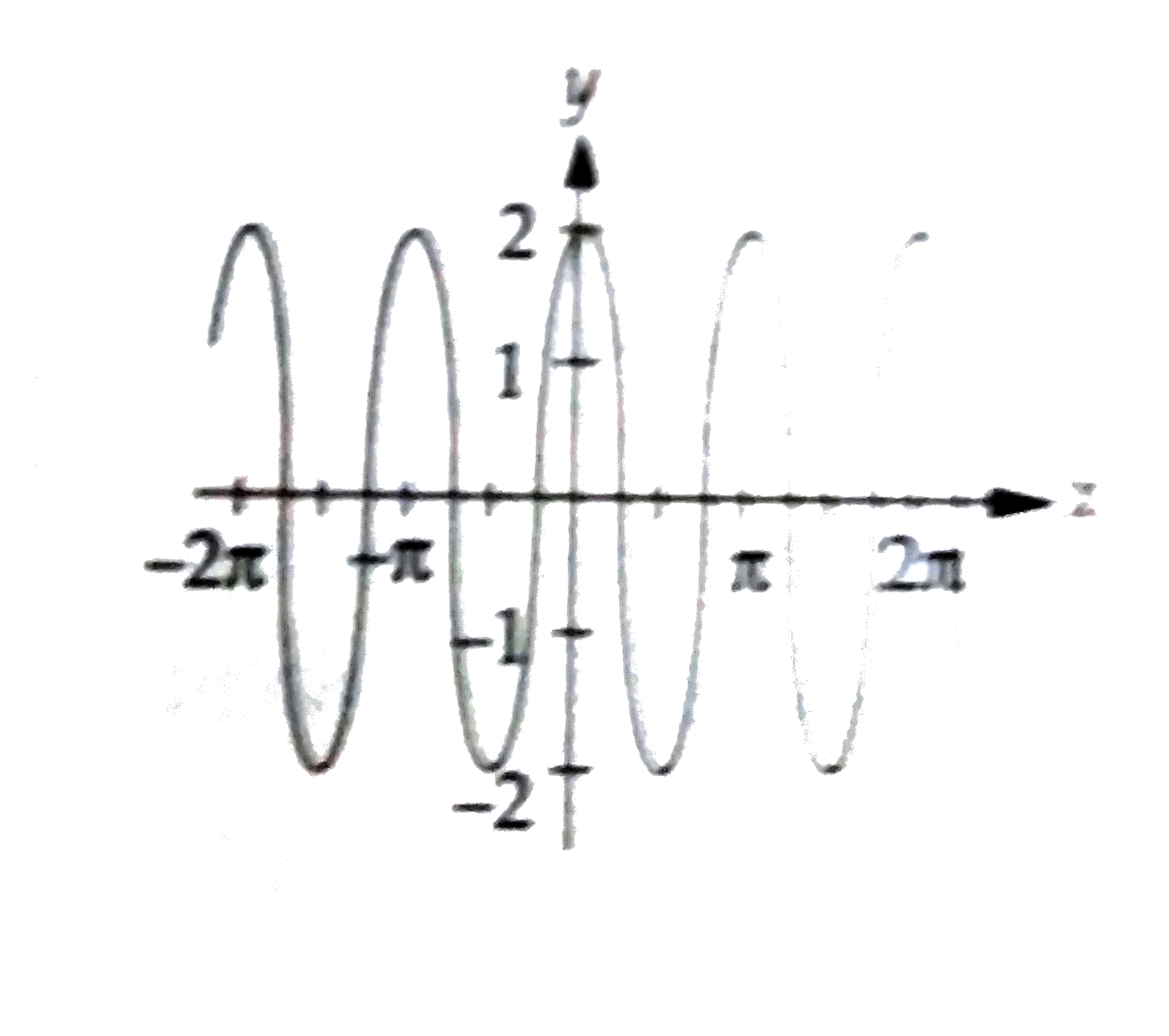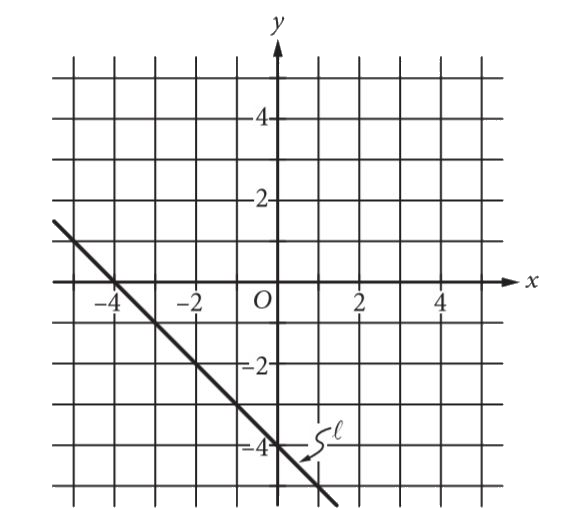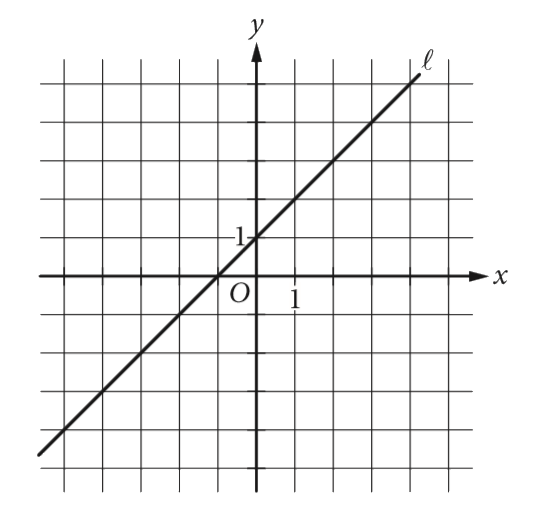Which of the following is not Maxwell's equation ?
Ampere- Maxwell Circuital Law
Gauss Law for Electrostatics
Gauss Law for Magnetism
Lorentz Law
The correct Answer is:D
To solve the question "Which of the following is not Maxwell's equation?", we need to identify the four Maxwell's equations and compare them with the provided options.
1. Identify Maxwell's Equations:
Maxwell's equations consist of four fundamental equations that describe how electric and magnetic fields interact. They are:
- Faraday's Law of Induction: This law states that a changing magnetic field induces an electric field.
- Gauss's Law for Electricity: This law relates the electric field to the charge distribution that produces it.
- Gauss's Law for Magnetism: This law states that there are no magnetic monopoles; the total magnetic flux through a closed surface is zero.
- Ampère-Maxwell Law: This law relates the magnetic field to the electric current and the rate of change of the electric field.
2. Review the Given Options:
The options provided in the question are:
- M.P.U.'s Maxwell's Circuit Law
- Gauss Law of Electrostatics
- Gauss Law of Magnetism
- Lorentz Law
3. Analyze Each Option:
- M.P.U.'s Maxwell's Circuit Law: This is a form of Maxwell's equations related to circuit theory.
- Gauss Law of Electrostatics: This is indeed one of Maxwell's equations.
- Gauss Law of Magnetism: This is also one of Maxwell's equations.
- Lorentz Law: This law describes the force on a charged particle in an electromagnetic field, but it is not one of Maxwell's equations.
4. Conclusion:
Since Lorentz Law is not one of Maxwell's equations, the correct answer to the question is Lorentz Law.
Final Answer:
Lorentz Law is not Maxwell's equation.
Maxwell's equations consist of four fundamental equations that describe how electric and magnetic fields interact. They are:
- Faraday's Law of Induction: This law states that a changing magnetic field induces an electric field.
- Gauss's Law for Electricity: This law relates the electric field to the charge distribution that produces it.
- Gauss's Law for Magnetism: This law states that there are no magnetic monopoles; the total magnetic flux through a closed surface is zero.
- Ampère-Maxwell Law: This law relates the magnetic field to the electric current and the rate of change of the electric field.
The options provided in the question are:
- M.P.U.'s Maxwell's Circuit Law
- Gauss Law of Electrostatics
- Gauss Law of Magnetism
- Lorentz Law
- M.P.U.'s Maxwell's Circuit Law: This is a form of Maxwell's equations related to circuit theory.
- Gauss Law of Electrostatics: This is indeed one of Maxwell's equations.
- Gauss Law of Magnetism: This is also one of Maxwell's equations.
- Lorentz Law: This law describes the force on a charged particle in an electromagnetic field, but it is not one of Maxwell's equations.
Since Lorentz Law is not one of Maxwell's equations, the correct answer to the question is Lorentz Law.
Lorentz Law is not Maxwell's equation.
Similar Questions
Knowledge Check
Which among the following does not represent Maxwell's equation?
A∮→E.−→dA=qε0B∮→B.−→dA=0C∮→E.→dl=−dBdtD∮→B.→dl=μ0IC+μ0ε0dϕEdt
If in a region there is a time varying electrinc field then which of the following Maxwell equation will be most suitable ?
View SolutionWhich of the following is a quadratic equation?
View SolutionWhich of the following is Bragg's equation ?
View SolutionWhich of the following is a wave equation?
View SolutionWhich of the following is an equation of the graph shown in Figure

View Solution
Which of the following is an equation of line in the xy -plane above?
View Solution
Which of the following is an equation of line A in the xy-plane above
View Solution

